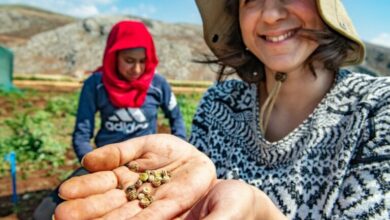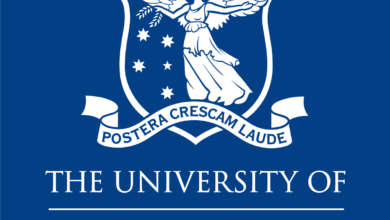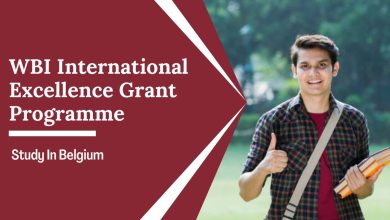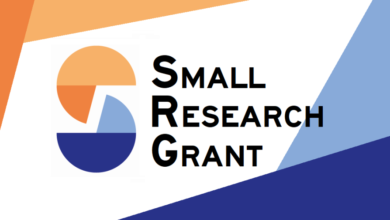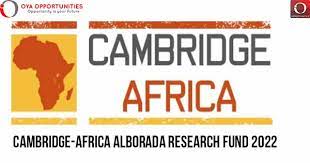
The ALBORADA Trust generously contributed to the establishment of the Cambridge-Africa ALBORADA Research Fund in 2012. The Fund assists pairs of researchers (post-doctoral level and above) from sub-Saharan African institutions and researchers from the University of Cambridge (or an affiliated institution, such as the Wellcome Trust Sanger Institute, NIAB, and British Antarctic Survey), in establishing and/or enhancing research collaborations. To date, more than 260 grants have been given to Cambridge researchers so they can collaborate with peers from 31 different African nations. Some recipients of awards have been successful in applying for and receiving considerable financing (such as Royal Society/Leverhulme Awards, Global Challenges Research Fund, etc.) using the preliminary findings from their seed.
The ALBORADA Trust generously contributed to the establishment of the Cambridge-Africa ALBORADA Research Fund in 2012. The Fund assists pairs of researchers (post-doctoral level and above) from sub-Saharan African institutions and researchers from the University of Cambridge (or an affiliated institution, such as the Wellcome Trust Sanger Institute, NIAB, and British Antarctic Survey), in establishing and/or enhancing research collaborations. To date, more than 260 grants have been given to Cambridge researchers so they can collaborate with peers from 31 different African nations. Some recipients of awards have been successful in applying for and receiving considerable financing (such as Royal Society/Leverhulme Awards, Global Challenges Research Fund, etc.) using the preliminary findings from their seed fund/research cooperation.
Benefits
The Cambridge-Africa ALBORADA Research Fund competitively awards grants of between £1,000 and £20,000, for:
- research costs (such as reagents, fieldwork and equipment)
- research-related travel between Cambridge and Africa (bearing in mind the feasibility of travel due to COVID restrictions)
- conducting research training activities in Africa (e.g. setting up courses/workshops).
Eligibilities
- Both applicants must be at the post-doctoral level or above, and by completing an application, they understood they are both doing so with support from their Head of Department or equivalent.
- Both applicants should have a formal link to a research group/department/faculty in their home institution
- They also expected that both applicants remain employed beyond the end date of their ALBORADA awards.
- The awards are not intended to support post- graduate students, however, limited support for students (e.g. as part of a research project or training visit) will be considered when there is a clear demonstration that this will enhance the relationship between the Cambridge and African Principal Investigators (PIs).
- The Cambridge applicant must be either working at the University of Cambridge, or at a Research Institute affiliated with the University.
- The Cambridge applicants will act as the lead applicants, for administrative purposes, as the awards have to be paid to their Cambridge Departments/Faculties/Institutes.
- The African applicant must be based in a sub-Saharan African Research Institution or University.
Eligible Regions: Sub-Saharan African Countries (Including Sudan)
Application
- Both applicants must register and complete a saveable online application form, available on the Cambridge- Africa website. Final submissions should include the following documents:
- Case for support and a lay summary
- An itemised budget (template provided)
- A letter of support from the department/faculty of the Cambridge PI. For the Department of Engineering, a letter of support from the Head of Division is needed.
- A letter of support from the department/institution of the African PI
- CVs (maximum 2 pages) for both the Cambridge and Africa PI The details of two suggested referees are also required; these should be individuals who have no conflicts of interest with the project or investigators (e.g. they should not be from the same Department)


